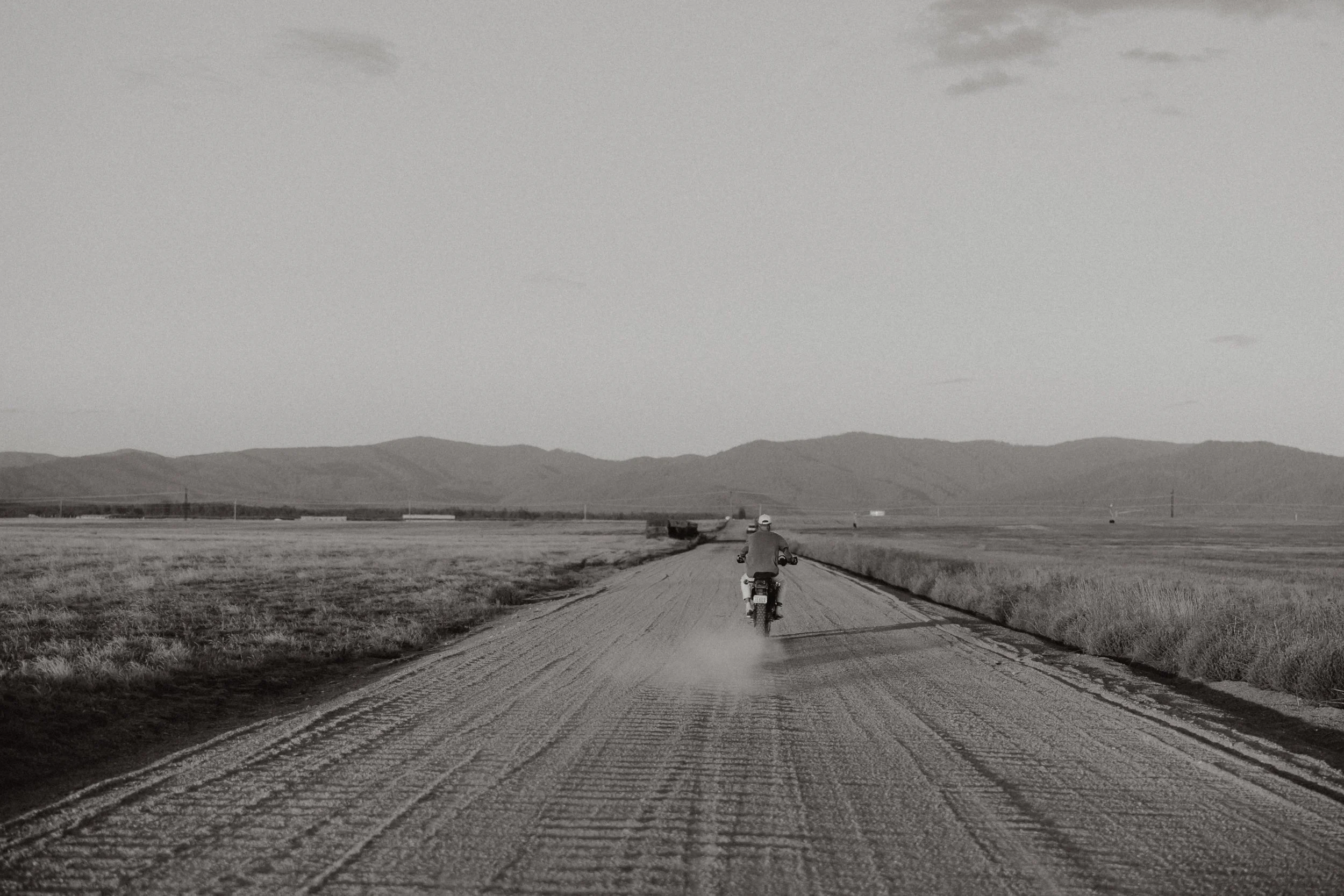Emotionally Immature Parents (Signs, Consequences and How to Heal)
What this post offers is some basic understanding of what commonly results when we grow up with parent(s) whom lacked the ability to fulfill our emotional needs. Just to clarify: this post is certainly not to point blame on the people that raised you.
No, you’re not broken and nothing is “wrong with you” if you grew up in such a home.
Being on the other end of a parent or parents who were emotionally immature puts you, as a child, in situations that are usually “before your time.” Meaning you were exposed to conflicts, reactions and situations that you had to figure out how to make sense of and understand on your own that were beyond your capacity to understand as a child.
It’s difficult to be young and in a position where you’re trying to make sense of your parents actions that are confusing, don’t feel safe or make you doubt your own sense of self. Such feelings are what often come up for kids who grow up with emotionally immature parents.
Signs of An Emotionally Immature Parent: What it looks like
they’re rigid and operate with a strict “wrong” and “right”mentality; where (in their minds) they’re usually always right.
they’re quick to misinterpret communication as a threat or criticism toward them or others, which makes them reactive and defensive.
they can have the contrast of either being extremely controlling or very uninvolved in their childs life.
they throw tantrums or having “big reactions” that feel chaotic and uncomfortable to be on the other end of.
inability to cope with their own emotions in a healthy way.
things tend to only go smoothly when things are going in their favor.
their emotional responses tend to lack empathy or rationality (their reactions tend to be “off putting” to a healthy person)
they tend to “need to be needed”
inability to meet your emotional needs
inability to hear or validate your feelings
tendency to hold grudges (if you “cross them” it’s common for a relationship to be strained without resolve)
highly critical
Consequences of Emotionally Immature Parents on a Child
Dismal of your feelings as a child leaves you playing small, people pleasing, tolerating unhealthy behaviors in your relationships amongst a slew of other things. Here are some key signs that often result with being on the other end of emotionally immature parenting:
growing up feeling unworthy of love
insecure attachment style
tendency to put your needs last due to the conditioning and dynamic of not feeling heard and loved in a healthy.
you started acting “like an adult” developmentally earlier than necessary.
people pleasing behaviors
overachieving / or emotionally shut down
Consequences As Adults
It’s common for individuals that come from emotionally immature parenting to be very capable, rational and level headed adults due to playing the calming role in their home as kids and having to learn to cope with their own emotions from an early age.
If unhealed, these adults will struggle with the same “wounds” that they developed as kids from being on the other end of immature parenting; low self worth, inability to love themselves, skewed self concept, non-reciprocal relationships and insecure attachment styles in their relationships.
How to heal from the impact of an emotionally immature parent
See your situation in a level headed and realistic way by focusing on the facts of the situation:
Your parent(s) were emotionally immature; it was not your fault. How you were received by your parent(s) did not give or provide you with an accurate projection of yourself, which now could be causing issues in your life and relationships as an adult. You can heal and course correct.
When we don’t get this healthy mirroring that validates our sense of self, it impact us not only as children, but in our adult years as well. (there’s healing in acknowledging, accepting and being able to see your past clearly for what is was.)
Generally speaking your healing process involves gaining your sense of worthiness, self love and validation that you were not taught to give to yourself by your primary caregivers. (As kids we’re dependent on our parents in order to learn these key virtues. It’s important to realize that you are not “blaming” your parents, you are simply seeing the situation for what it was in order to understand it, process it and move forward with your healing.
The healing process will help you to reconnect to the truth and work through false stories that you established about yourself to make sense of the lack of emotional support that you were on the other end of growing up. (or still might be)
It’s important to see and acknowledge the confusion in it all: Why would a parent not say “i love you?” Why would mom or dad never praise me for doing well? Why did my feelings go ignored or invalidated?
If you have decided that it’s due to being on the other end of a parent that lacked emotional maturity, then your healing process involves working to accept that the answers to the above questions are just that:
Your parent(s) lacked the emotionally capacity to match your needs. It’s important to realize that it had NOTHING to do with you and any lack on your part.
Since “hurt people hurt people” an emotionally immature parent is usually the product of a parent who also lacked the capacity to fulfill their emotional needs. So the cycle continues unless it’s broken to stop the generational trauma from getting pasted down any further.
Good news: The cycle can end with you.
One more suggestion for healing: inner child healing (Here’s a post on inner child healing that can be helpful to work through deeper and more difficult feelings around this issue. Find that post HERE)
Lastly, I want to acknowledge that I summed up a very painful and big topic in a small little post. My intention is to bring awareness to this topic and to perhaps what is causing any current feelings of low or lack of self worth. There’s so much more to say about this topic and there’s a lot of information out there to help you with your healing. Feel free to reach out if you would like me to point you toward more resources on this topic.
An Invitation For You
If this resonates with you:
Want more reflections like this?
Subscribe to my IAMWELL Newsletter to receive grounded mental-health insights, somatic reflections, and friendly reminders to support a life rooted in slow living, wellbeing, and mind-body connection.
Curious about working together?
You’re welcome to book a brief, free consultation call — we can explore whether we feel aligned in working together. (Reach out HERE.)
Have thoughts or reflections?
Feel free to comment or share — I’d truly love to hear what this brought up for you.
Let’s stay connected. You can find me on Instagram at @IAMKIMEGEL
*Above image by photographer, Amy Lynn Bjornson.
Inner Child Work (What it is & How to Connect to Your Inner Child)
ln the world of psychology talk of the “inner child” may sound intimidating or “a bit too “woo- woo” for some. Especially for those of us not familiar with this kind of language. If this is the case for you, bare with me. I’m going to break this subject down in a way where you can understand it and, perhaps, even use it to enhance your personal growth.
Below is a mini Q & A for you to gain more understanding on the topic of the inner child.
Here. We. Go……
Q: I hear the term “inner child” thrown around in the world of psychology/self help. What does that even mean?
The term “inner child” often refers to the part of you that can be holding onto past pains, hurts, traumas and emotional distress that’s affecting your ability to function and make healthy choices, whether it’s conscious or not, in your present life.
It’s suggested that if you have a “wounded” past self within, this part of self will “act out” that pain within your adult life and relationships. When our inner child is holding onto past pain and without peace, we can find ourselves, in the present, making choices from that hurt place within .
The thought behind inner child work is that once the “old wound” is addressed and healed, we will no longer have the unconscious pull for our pain from the past to show up in our present. Think of a physical wound and it’s healing process. If a deep cut was never taken care of it’s going to look physically different years later than if it was properly tended to and addressed at the time of injury. So is the same with our emotional pain. You can’t visibly see emotional pain, so it can go under the radar and be dismissed if we’re not attentive to it.
Q: Some people might be a little skeptical about the idea of an inner child. Can everyone get in touch with their inner child if they choose?
Absolutely! Everyone whose open to exploring the relationship with their inner child can connect with this aspect of themselves. With that said, individuals that have skepticism around whether this part of them exists, would need to do some work on increasing their belief and unblocking the resistance around this concept in order to fully “go there.” Generally speaking, resistance is a common barrier that needs to be released in order to dive into an area of life or self that has blockage or disbelief.
Areas where we have blocks or resistance, usually, are the areas where there’s inner work to be done. It reminds me of the saying: “Go Toward Your Fear.”
The truth is, it often takes discomfort to grow.
When things are comfortable it presents no motivation for us to change or challenge our situation.
Q: What are some of the ways your inner child might show up in your life? (Both, Positive & Negative)
Situations that trigger intense emotions tend to awaken our inner child or “old wounds.” Look for areas of discomfort, helplessness, fear, anxiety, a lack of control and grief. Generally, keep your eye out for situations that bring up resistance and a high emotional response. Look for a response that doesn’t align with the emotional intensity of the event. For example, getting enraged about something that most would consider trivial; I’ll use the cliche: “Crying over spilled milk."
For a healthy reference point, emotions usually tend to “match” the level of intensity of a situation. When there’s a misalignment, meaning that the reaction is way bigger than the event calls for, it’s important to take a look at that in order to identify what could be coming up for you.
Q: What beginning strategies might you recommend to someone hoping to do some inner child healing?
Healing this part of self can be ignited with activities that connect and engage you toward your inner child.
What does that look like? For example, it can be really helpful to spend some time looking at pictures of yourself from childhood.
Why? By doing so, we can tap back into the emotional space of the time where that image was taken. It’s the same with scents, places we have nostalgia for, songs, sentimental/significant people. Have you ever smelt something and it literally transported you emotionally back to a place? (Yes, right?! This is what I’m talking about.)
Visualizations are great too. Visualizations allow you to tap into a mental place where you can visit your inner child as the adult you are now. As adults, we have tools and perspectives that we didn’t have as kids. As we bring our maturity and healthy perspectives to our younger self in this safe mental space, we can potentially “reframe” the event where there was pain and even trauma.
Tending to old wounds that were never fully healed is the pathway to a more balanced and healthy self.
(Advisory: Some individuals might have severe trauma around their past, and in those cases, it’s important to seek the guidance of a well trained professional. Doing so will help you have support and introduce you to coping strategies as you face difficult past emotions where professional support may be essential.)
Q: Any guidance on finding the right type of therapist to explore inner child work with?
All licensed therapists are trained to support this type of work. However, some therapists can have more experience and training with inner child work than others. I recommend asking questions to any potential therapist as to what their experience is with this topic when looking for a therapist to support your growth and healing. Also, therapists that are trained to do EMDR is great for trauma healing.
Reflecting on your past self in order to release emotions that can be weighing you down, is a process that can provide you with healing that can leave you feeling lighter and more at peace. Growth requires you to try on different ways of doing things. Acknowledging and checking in with your inner child can provide you with insight that can support your healing. If you’re called to doing this work, give it a go.
An Invitation For You
If this resonates with you:
I collaborated with Healthline on this topic a- Check out that post here.
Find another great resource to help point you toward inner child work here.
Want more reflections like this?
Subscribe to my IAMWELL Newsletter to receive grounded mental-health insights, somatic reflections, and friendly reminders to support a life rooted in slow living, wellbeing, and mind-body connection.
Curious about working together?
You’re welcome to book a brief, free consultation call — we can explore whether we feel aligned in working together. (Reach out HERE.)
Have thoughts or reflections?
Feel free to comment or share — I’d truly love to hear what this brought up for you.
* Blog Image by Amy Lynn Bjornson, Lifestyle & Wedding Photographer.































